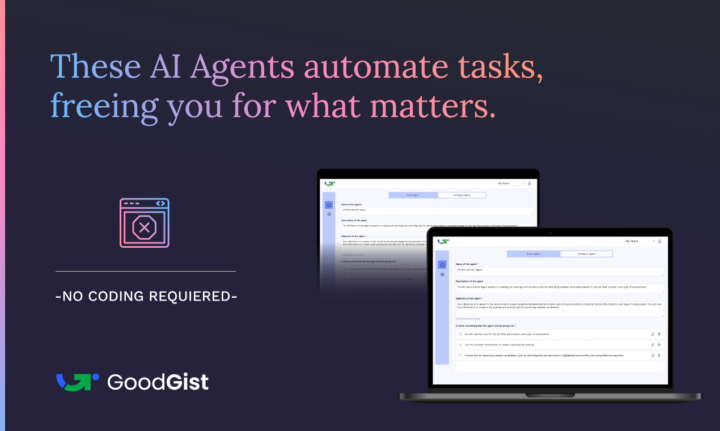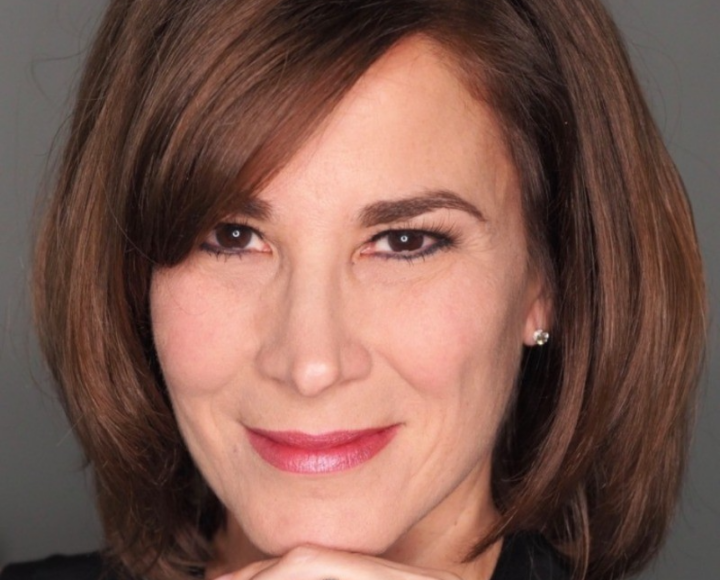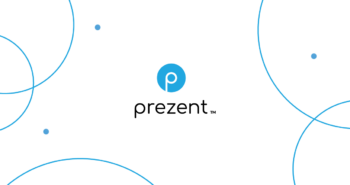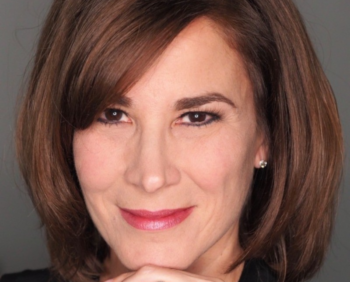Why would you want to keep in practice being wrong?” Call asked. “I’d think it would be something you’d try to avoid.”
“You can’t avoid it, you’ve got to learn to handle it,” Augustus said. “If you only come face-to-face with your own mistakes once or twice in your life it’s bound to be extra painful. I face mine every day — that way they ain’t usually much worse than a dry shave.” Larry McMurtry, Lonesome Dove
 You are biased, and so am I. We seek out and value information that supports what we believe, while ignoring and discrediting that which denies our hypotheses. Referred to by psychologists as ‘confirmation bias’, this natural human tendency can spell disaster for entrepreneurs launching startups.
You are biased, and so am I. We seek out and value information that supports what we believe, while ignoring and discrediting that which denies our hypotheses. Referred to by psychologists as ‘confirmation bias’, this natural human tendency can spell disaster for entrepreneurs launching startups.
When conducting market research, we must be especially wary of confirmation bias, as various shortcomings in our reasoning ability often keep us from evaluating situations objectively.
‘Positive testing strategies’ are often to blame when confirmation bias occurs. If you run the Google search, “favorable outlooks for the widget market,” the search will return countless articles predicting a bright future for widget sales. Unless you run a second search, “negative outlooks for the widget market,” you have failed to even acknowledge that dissenting views may exist.
Likewise, if the first article you read projects a positive forecast for the widget market, you will be predisposed to maintain a positive opinion of the market’s potential, even if the next article you read states the opposite. As the first argument frames your view of the widget market, all future information you come across will be judged with the initial positive findings in mind.
Luckily, it is not hard to avoid the pitfalls of confirmation bias once we acknowledge its existence. Play devil’s advocate. Make a deliberate effort to disprove your hypothesis before accepting its truth. You may end up shattering your business model — better now than after the money has been spent. Better yet, by discovering potential roadblocks from the outset, you gain the opportunity to realign your mission in order to facilitate success.
Forget your emotions; forget your ego. Forget everything you have learned for a minute, because when you search your memory, you tend to latch onto those past experiences that affirm whatever it is you want to be true. Ask yourself why you might be wrong, rather than seeking facts to prove yourself right. Actively seeking to prove yourself wrong requires a certain amount of humility. In the end, it is worth it — with an idea that passes the most critical examination, you bring yourself beyond the possibility of defeat.
Image Credit: cateedoodle, capitalbcs









